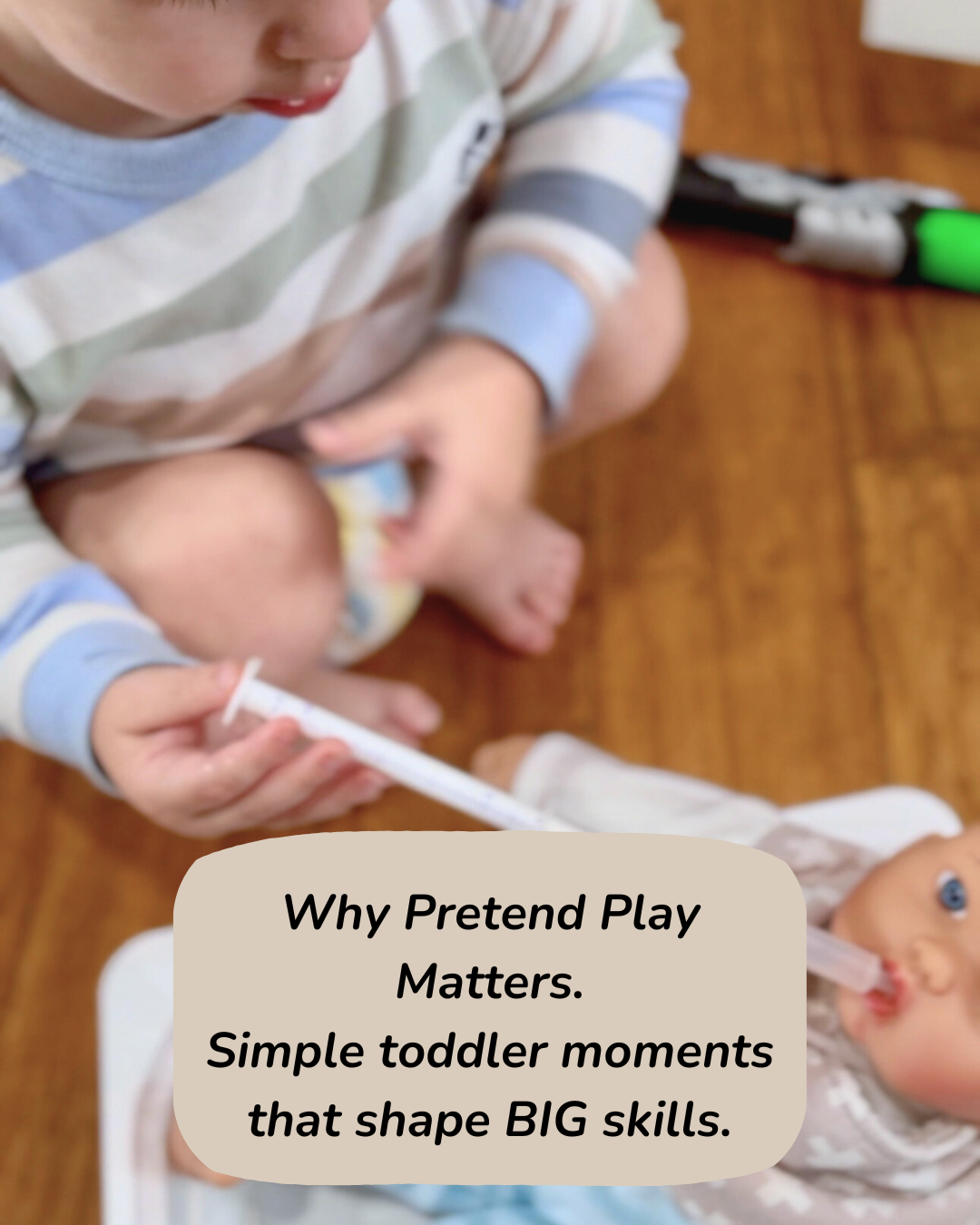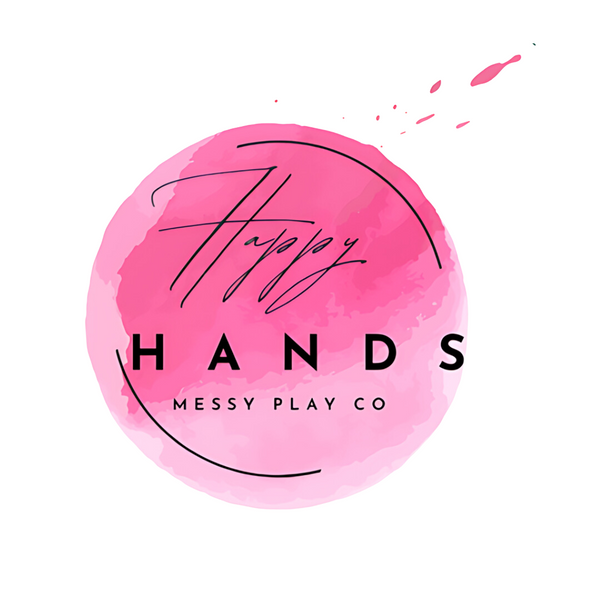
Why Imaginative Play is Essential in Toddler Development.
Share
At first glance, imaginative play might look like “just playing”—but it’s one of the most important forms of learning for toddlers. Whether they’re rocking a baby doll to sleep, giving pretend medicine, or pouring an imaginary cup of tea, these small actions lay the groundwork for major developmental milestones.
As an Early Childhood Educator and mum of two, I’ve seen firsthand how pretend play supports toddlers’ emotional, social, and cognitive growth—and in today’s post, I’m sharing exactly why it’s worth embracing in your everyday routine.
🔍 What Is Imaginative Play?
Imaginative play (also called pretend play or role play) happens when children use objects, actions, or ideas to represent other objects, actions, or ideas.
Think:
-
Giving a baby doll medicine
-
Using a block as a phone
-
Pretending to drive a cardboard box car
For toddlers, this kind of play typically starts around 18 months and becomes more complex as they approach preschool age.

🧠 Why It’s So Important
Pretend play builds:
-
Emotional Development
-
Toddlers learn to care, nurture, and explore big feelings safely.
-
Acting out real-life scenarios helps them process what they see and experience.
-
Language & Communication
-
Role play encourages new vocabulary and sentence building.
-
They begin using expressive language and exploring different tones and emotions.
-
Social Skills & Empathy
-
Even when playing alone, they’re practicing how to relate to others.
-
They experiment with taking turns, comforting others, and solving problems.
-
Problem-Solving & Independence
-
What happens when baby cries? Or when a pretend spill needs cleaning?
-
These little “problems” are great opportunities for decision-making.
🧩 How to Support Imaginative Play at Home
-
Provide open-ended props like dolls, bowls, spoons, and fabric
-
Follow your child’s lead—if they’re “cooking,” play along!
-
Resist the urge to over-direct. Simplicity and freedom are key.
-
Add sensory elements to deepen the play (like playdough food, mini sensory tubs, etc.)
💛 Final Thoughts:
Pretend play isn't just fun—it's foundational.
By supporting your toddler’s imagination, you’re helping shape their ability to think creatively, care deeply, and grow confidently. And that’s something worth celebrating, every single day.

📖 Read more posts like this at Happy Hands Messy Play Co – Blog
